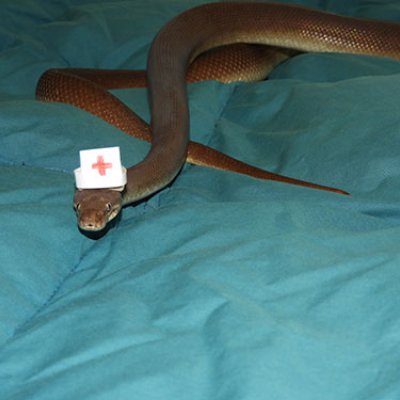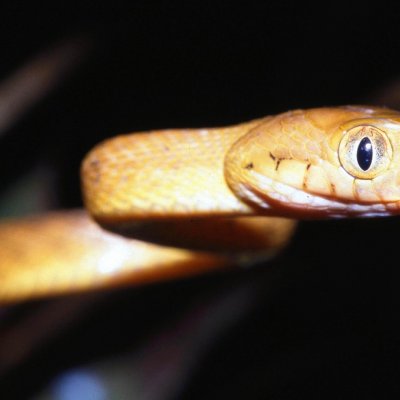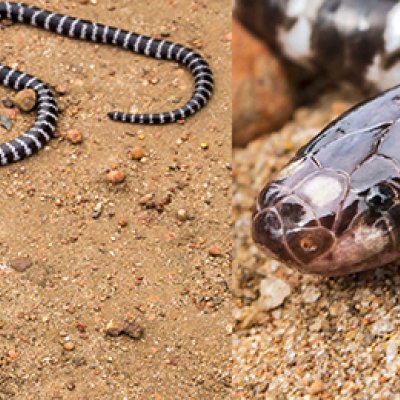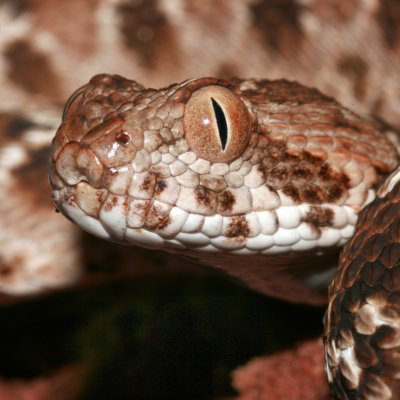A University of Queensland-led study has shed light on how some lizards have evolved to resist deadly neurotoxins from Australia’s most venomous snakes.
26 March 2024A team of scientists on location with a film crew in the remote Amazon has uncovered a previously undocumented species of giant anaconda.
20 February 2024Several Commonwealth Games representatives are among 19 students recognised for their sporting achievements as The University of Queensland celebrates 110 years of the UQ Blues Awards.
7 November 2022The last common ancestor of chimps, gorillas and humans developed an increased resistance toward cobra venom, according to University of Queensland-led research.
7 December 2021Scientists have discovered that the humble blue-tongue lizard is largely resistant to the venom of the deadly red-bellied black snake, while giant carnivorous monitor lizards which feed on Australia’s most venomous snakes are not.
7 September 2021University of Queensland scientists working to unlock the mysteries Australia’s deadly stonefish have made a discovery which could change how sting victims are treated in the future.
1 June 2021Certain snakes have evolved a unique genetic trick to avoid being eaten by venomous snakes, according to University of Queensland research.
15 January 2021A team of University of Queensland researchers has revealed why male funnel web spiders develop much deadlier venom than their female counterparts.
22 September 2020Cats are twice as likely to survive a venomous snakebite than dogs, and the reasons behind this strange phenomenon have been revealed by University of Queensland research.
19 May 2020Research into the toxin of the world’s only venomous primate, the slow loris, is shedding light on the potential origins of the allergic qualities of cats.
5 February 2020Scientists have identified the brain circuits that enable fast recognition of emotions such as anger and happiness, providing insights into disorders such as anxiety and psychosis.
15 November 2019Animal testing will no longer be required to assess a group of deadly neurotoxins, thanks to University of Queensland-led research.
29 October 2019Australian and Queensland athletes will contest the 35th edition of The University of Queensland’s Great Court Race on Wednesday 22 May.
15 May 2019Vampire bats could hold the key to new treatments for a range of serious medical problems, but researchers have hit a snag accessing the specimens needed to advance their work.
15 January 2019The University of Queensland is Australia’s top-ranked sporting university after being crowned inaugural UniSport Nationals Div 1 champions.
4 December 2018The University of Queensland celebrated excellence in teaching and learning at Brisbane’s Customs House last night.
30 October 2018University of Queensland experts are available for comment on the current seasonal increase in snake numbers and the impacts on people and pets.
26 October 2018A team of international scientists has discovered why brown tree snakes have become one of the most successful invasive species.
26 September 2018The ink has not yet dried on a scientific paper describing a new species of snake, yet the reptile may already be in danger of extinction due to mining.
16 July 2018University of Queensland researchers have found that antivenoms produced using snakes from one region may perform poorly or fail completely against the same species of snakes from other regions.
4 September 2017- 1 of 3
- next ›
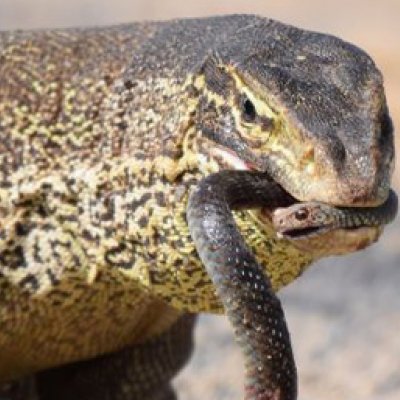


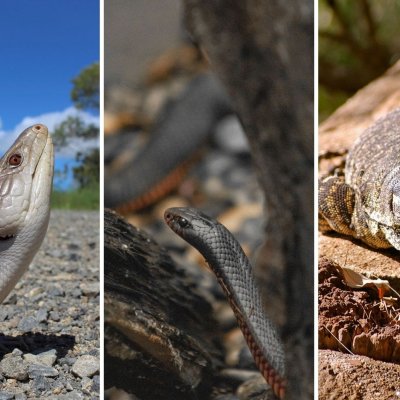
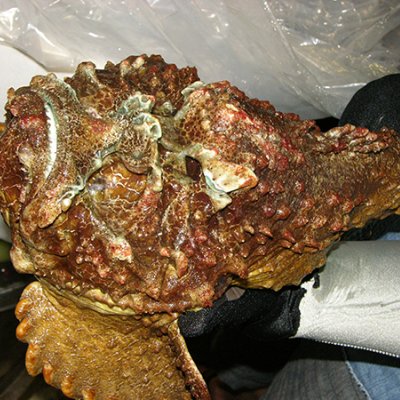
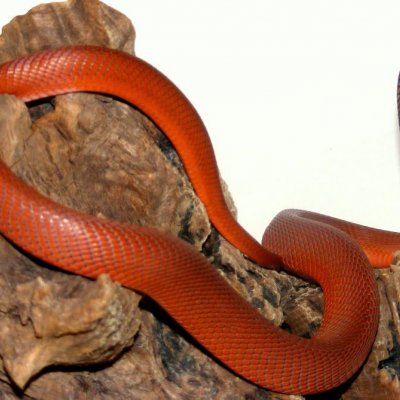
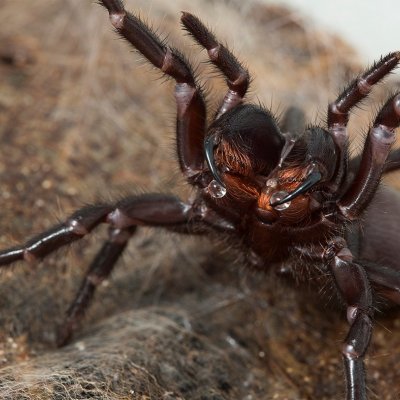

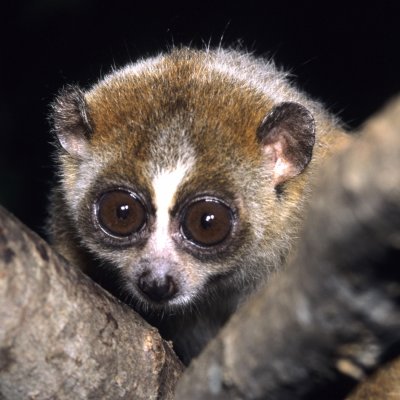

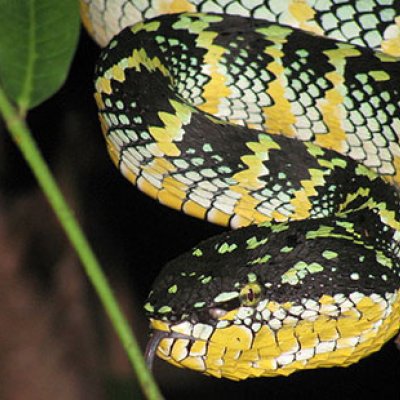
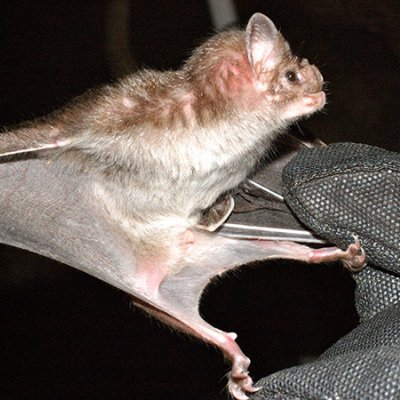
.jpg?itok=mPedeO_6)

